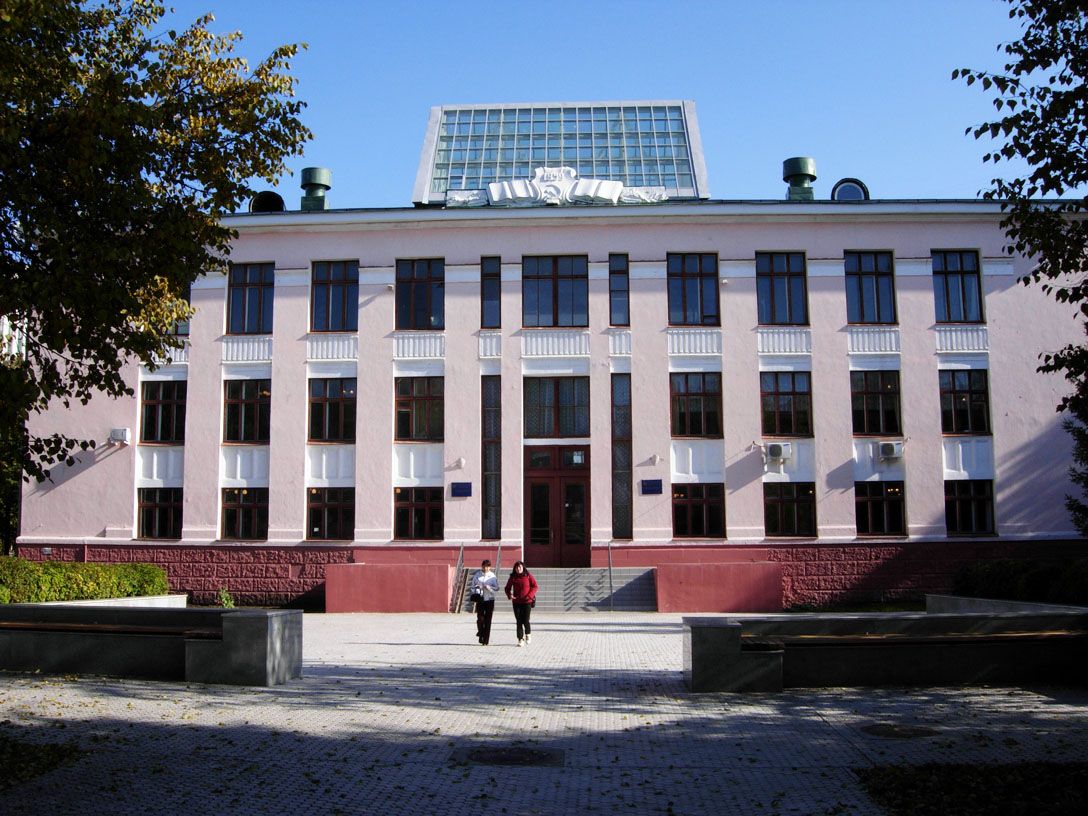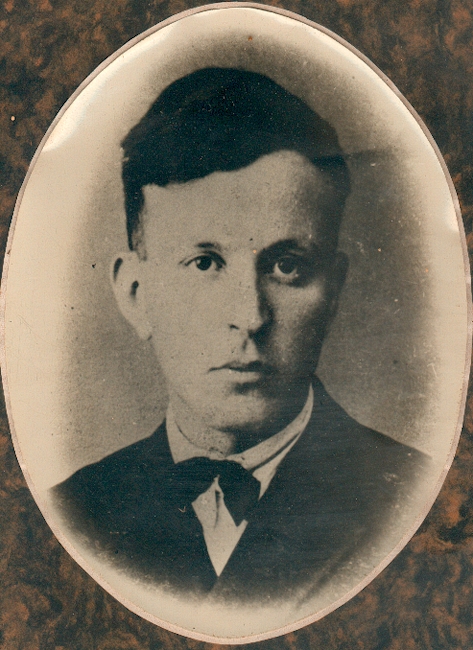|
Torture In Turkey
The widespread and systematic use of torture in Turkey goes back to the Ottoman Empire. After the foundation of the Republic of Turkey, torture of civilians by the Turkish Armed Forces was widespread during the Dersim rebellion. The Sansaryan Han police headquarters and Harbiye Military Prison in Istanbul became known for torture in the 1940s. Amnesty International (AI) first documented Turkish torture after the 1971 Turkish coup d'état and has continued to issue critical reports, particularly after the outbreak of the Kurdish-Turkish conflict in the 1980s.The File on Torture that was included in the newsletter of September 1987 is available as images undeFile on Torture in Pictures/ref> The Committee for the Prevention of Torture has issued critical reports on the extent of torture in Turkey since the 1990s. The Stockholm Center for Freedom publisheMass Torture and Ill-Treatment in Turkeyin June 2017.https://stockholmcf.org/wp-content/uploads/2017/06/Mass-Torture-And-Ill-Treat ... [...More Info...] [...Related Items...] OR: [Wikipedia] [Google] [Baidu] |
Ottoman Empire
The Ottoman Empire, * ; is an archaic version. The definite article forms and were synonymous * and el, Оθωμανική Αυτοκρατορία, Othōmanikē Avtokratoria, label=none * info page on book at Martin Luther University) // CITED: p. 36 (PDF p. 38/338) also known as the Turkish Empire, was an empire that controlled much of Southeast Europe, Western Asia, and Northern Africa between the 14th and early 20th centuries. It was founded at the end of the 13th century in northwestern Anatolia in the town of Söğüt (modern-day Bilecik Province) by the Turkoman tribal leader Osman I. After 1354, the Ottomans crossed into Europe and, with the conquest of the Balkans, the Ottoman beylik was transformed into a transcontinental empire. The Ottomans ended the Byzantine Empire with the conquest of Constantinople in 1453 by Mehmed the Conqueror. Under the reign of Suleiman the Magnificent, the Ottoman Empire marked the peak of its power and prosperity, as well a ... [...More Info...] [...Related Items...] OR: [Wikipedia] [Google] [Baidu] |
Attilâ İlhan
Attilâ İlhan (15 June 1925 – 10 October 2005) was a Turkish poet, novelist, essayist, journalist and reviewer. Early life and education Attilâ İlhan was born in Menemen in İzmir Province, Turkey on 15 June 1925. He received most of his primary education in İzmir. However, because of his father's job, he completed his junior high school education in different cities. Aged 16 and enrolled in İzmir Atatürk High School, he got into trouble for sending a poem by Nazım Hikmet, a famous dissident communist Turkish poet, to a girl he was in love with. He was arrested and taken into custody for three weeks. He was also dismissed from school and jailed for two months. After his imprisonment, İlhan was forbidden from attending any schools in Turkey, thus interrupting his education. Following a favourable court decision in 1941, he received permission to continue his education again and enrolled in Istanbul Işık High School. During the last year of his high school education, hi ... [...More Info...] [...Related Items...] OR: [Wikipedia] [Google] [Baidu] |
National Intelligence Organization (Turkey)
The National Intelligence Organization ( tr, Millî İstihbarat Teşkilatı, MİT) is the state intelligence agency of Turkey. Established in 1965 to replace National Security Service, its aim is to gather information about the current and potential threats from inside and outside against all the elements that make up Turkey's indivisible integrity, constitutional order, existence, independence, security and national power and take precautions when necessary. The current headquarters of MIT is located in Etimesgut district of Ankara. The MIT co-operates with the Central Intelligence Agency (CIA) and the intelligence agencies of Russia. Its operations and missions are classified. Organization Organizational structure The Organisation's legal basis and structure can be found in Law No. 2937, the Law on the State Intelligence Services and the Turkish National Intelligence Organisation, as well as several other laws. Before November 2016, there were four main departments. ... [...More Info...] [...Related Items...] OR: [Wikipedia] [Google] [Baidu] |
Counter-Guerrilla
Counter-Guerrilla ( tr, Kontrgerilla) is the Turkish branch of Operation Gladio, a clandestine stay-behind anti-communist initiative backed by the United States as an expression of the Truman Doctrine. The founding goal of the operation was to erect a stay-behind guerrilla force to undermine a possible Soviet occupation. The goal was soon expanded to subverting communism in Turkey. The Counter-Guerrilla initially operated out of the Turkish Armed Forces' Tactical Mobilization Group ( tr, Seferberlik Taktik Kurulu, or STK). In 1967, the STK was renamed to the Special Warfare Department ( tr, Özel Harp Dairesi, ÖHD). In 1994, the ÖHD became the Special Forces Command ( tr, Özel Kuvvetler Komutanlığı, ÖKK). In Turkey there is a popular belief that the Counter-Guerrilla are responsible for numerous unsolved acts of violence, and have exerted great influence over the country's Cold War history, most notably for engendering the military coups of 1971 and 1980. The military a ... [...More Info...] [...Related Items...] OR: [Wikipedia] [Google] [Baidu] |
Foot Whipping
Foot whipping, falanga/falaka or bastinado is a method of inflicting pain and humiliation by administering a beating on the soles of a person's bare feet. Unlike most types of flogging, it is meant more to be painful than to cause actual injury to the victim. Blows are generally delivered with a light rod, knotted cord, or lash. The receiving person is forced to be barefoot and soles of the feet are placed in an exposed position. The beating is typically performed with an object like a cane or switch. The strokes are usually aimed at the arches of the feet and repeated a certain number of times. Bastinado is also referred to as ''foot (bottom) caning'' or ''sole caning'', depending on the instrument in use. The German term is ''Bastonade'', deriving from the Italian noun ''bastonata'' (''stroke with the use of a stick''). In former times it was also referred to as ''Sohlenstreich'' (corr. ''striking the soles''). The Chinese term is ''dǎ jiǎoxīn'' (打脚心 / 打腳心). ... [...More Info...] [...Related Items...] OR: [Wikipedia] [Google] [Baidu] |
1980 Turkish Coup D'état
The 1980 Turkish coup d'état ( tr, 12 Eylül Darbesi), headed by Chief of the General Staff General Kenan Evren, was the third coup d'état in the history of the Republic of Turkey, the previous having been the 1960 coup and the 1971 coup by memorandum. During the Cold War era, Turkey saw political violence (1976–1980) between far-left, far-right (Grey Wolves), Islamist militant groups, and the state. The violence saw a sharp downturn for a period after the coup, which was welcomed by some for restoring order by quickly executing 50 people and arresting 500,000 of which hundreds would die in prison. For the next three years the Turkish Armed Forces ruled the country through the National Security Council, before democracy was restored with the 1983 Turkish general election.Amnesty International, ''Turkey: Human Rights Denied'', London, November 1988, AI Index: EUR/44/65/88, , pg. 1. This period saw an intensification of the Turkish nationalism of the state, including b ... [...More Info...] [...Related Items...] OR: [Wikipedia] [Google] [Baidu] |
Grey Wolves (organization)
The Grey Wolves ( tr, Bozkurtlar), officially known by the short name Idealist Hearths ( tr, Ülkü Ocakları, ), is a Turkish far-right paramilitary organization and political movement affiliated with the Nationalist Movement Party (MHP). Commonly described as ultra-nationalist, neo-fascist, and Islamonationalist, it is a youth organization that has been characterized as the MHP's paramilitary or militant wing. Its members deny its political nature and claim it to be a cultural and educational foundation, as per its full official name: Ülkü Ocakları Eğitim ve Kültür Vakfı ("Idealist Clubs Educational and Cultural Foundation"). Established by Colonel Alparslan Türkeş in the late 1960s, it rose to prominence during the late 1970s political violence in Turkey when its members engaged in urban guerrilla warfare with left-wing militants and activists. Scholars have described it as a death squad, responsible for most of the violence and killings in this period. Their ... [...More Info...] [...Related Items...] OR: [Wikipedia] [Google] [Baidu] |
Communist Party Of Turkey (historical)
The Communist Party of Turkey ( tr, Türkiye Komünist Partisi, TKP) was a political party in Turkey. The party was founded by Mustafa Suphi in 1920, and was soon to be banned. It worked as a clandestine opposition party throughout the Cold War era, and was persecuted by the various military regimes. Many intellectuals, like Nâzım Hikmet, joined the party's ranks. In 1988, the party merged into the United Communist Party of Turkey, in an attempt to gain legal status. The TKP was active from 1920 until its dissolution in 1988, and it was banned in Turkey in 1925 in order to ensure the country's security after the Sheikh Said Rebellion in Eastern Turkey. The party was legalized again after the Second World War, albeit with very limited power and it was heavily monitored by the Turkish government. However after 1947 it was banned yet again and many of its leading figures were arrested and detained by the authorities. Initially adopting non-violent methods of introducing refor ... [...More Info...] [...Related Items...] OR: [Wikipedia] [Google] [Baidu] |
Nejdet Sançar
Ahmet Nejdet Sançar (May 1, 1910 – February 22, 1975) was a Turkish literature teacher, who became one of the prominent personalities of the Pan-Turkist ideology. He was the younger brother of another notable Turkish nationalist, Nihâl Atsız. Politics The two brothers had strong similarities in many ways. They were both literature teachers and they were defending the same political ideology. Just like his brother, he was tried during the ''Türkçülük Davası'' (Trial of Pan-Turkism). The trial was a state reaction to the growing power of the nationalist front in the country because the nationalists were against the policies of the second president of Turkey, İsmet İnönü Mustafa İsmet İnönü (; 24 September 1884 – 25 December 1973) was a Turkish army officer and statesman of Kurdish descent, who served as the second President of Turkey from 11 November 1938 to 22 May 1950, and its Prime Minister three tim .... In the end, Sançar wasn't found guilty and he ... [...More Info...] [...Related Items...] OR: [Wikipedia] [Google] [Baidu] |
Zeki Velidi Togan
Zeki Velidi Togan ( ba, Әхмәтзәки Әхмәтшаһ улы Вәлиди, Äxmätzäki Äxmätşah ulı Wälidi; russian: Ахмет-Заки Ахметшахович Валидов, tr, Ahmet Zeki Velidi Togan; 1890 – 1970 in Istanbul), was a Bashkir historian, Turkologist, and leader of the Bashkir revolutionary and liberation movement. Biography He was born in Kuzyanovo ( Bashkir: Көҙән) village of Sterlitamaksky Uyezd, Ufa Governorate (in present-day Ishimbaysky District, Bashkortostan). From 1912 to 1915 Velidi taught in the madrasa in Kazan (Qasímiä), and from 1915 to 1917, he was a member of bureau, supporting Muslim deputies at the State Duma. In 1917, he was elected to the Millät Mäclese, and with Şerif Manatov, he organized the Bashkir Shuro (Council). During the Bashkir Congress in Orenburg from December 1917, he declared autonomous Bashkiria. However, he was arrested 3 February 1918 by the Soviet forces. In April 1918 he managed to escape and ... [...More Info...] [...Related Items...] OR: [Wikipedia] [Google] [Baidu] |
Nihal Atsız
Hüseyin Nihâl Atsız ( ota, حسين نيهال آتسز; January 12, 1905 – December 11, 1975) was a prominent Turkish ultranationalist writer, novelist, and poet. Nihâl Atsız self-identified as a racist, Pan-Turkist and Turanist. He was a critic of Islam in his later life, defining it as “a religion created by the Arabs, for Arabs”.Cenk SaraçoğluNihal Atsız's World-View and Its Influences on the Shared Symbols, Rituals, Myths and Practices of the Ülkücü Movement/ref> He was the author of over 30 books and numerous articles and was in strong opposition to the government of İsmet İnönü, which he criticized for co-operating with the communists. He was accused of being a sympathizer of the Nazi government and plotting to overthrow the Turkish government. Personal life Nihâl Atsız was born on January 12, 1905, at Kasımpaşa, Istanbul. His father was navy commander Mehmet Nail Bey, from the Çiftçioğlu family of Torul, Gümüşhane; and his mother was Fat ... [...More Info...] [...Related Items...] OR: [Wikipedia] [Google] [Baidu] |
.jpg)




